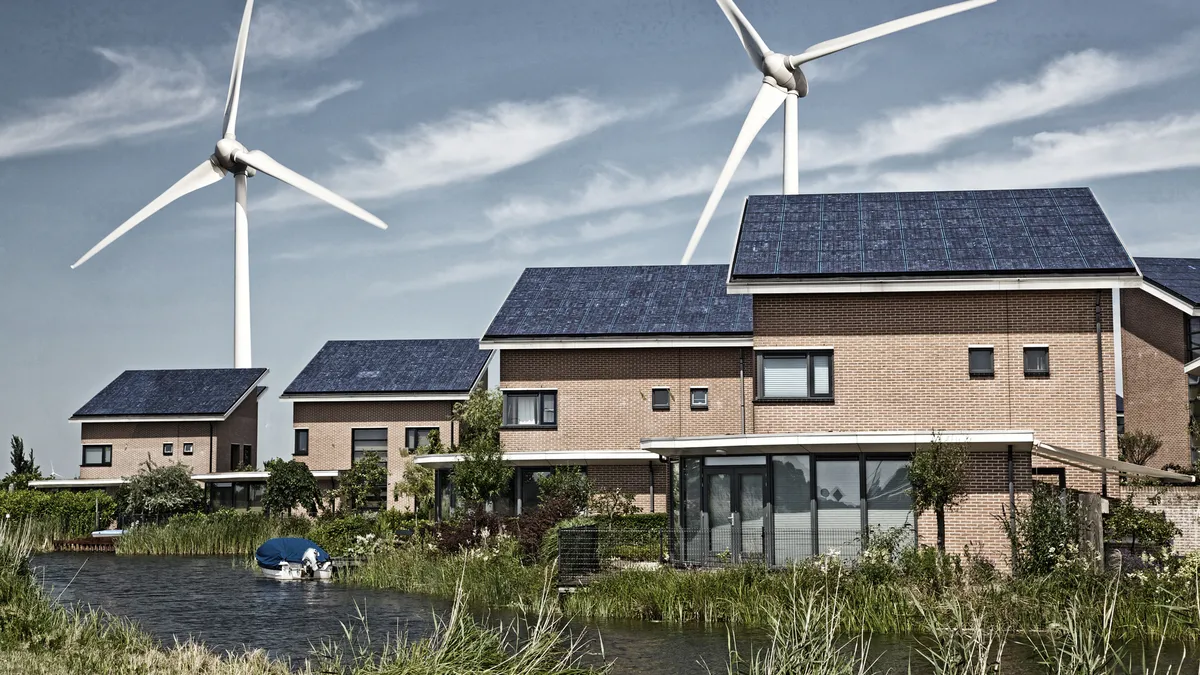Dive Brief:
- The Maryland Public Service Commission this week launched a "targeted review of electric distribution systems" to ensure they are affordable, reliable and focused on customer choice.
- Maryland's proceeding appears similar to initiatives in New York, California and Hawaii, where regulators are taking a close look at the distribution grid, utility business model and ways to incorporate more distributed and clean energy resources.
- The study is partially financed by a $500,000 commitment from Pepco Holdings, related to its merger with Exelon Corp., the parent company of Baltimore Gas & Electric. Comments on the issues, timeline and format of the review are due Oct. 28.
Dive Insight:
Following in the footsteps of several progressive states, Maryland regulators have opened a broad investigation into how the utility grid can better utilize energy storage, advanced metering (AMI) and distributed resources like rooftop solar.
"Some of our goals with this public conference include exploring issues that will maximize benefits and choice to Maryland electric customers and, in particular, assess how the evolving electric grid impacts low and moderate income ratepayers," PSC Chairman W. Kevin Hughes said in a statement.
Key topics in the proceeding will include: enhancing rate designs, particularly for electric vehicles; an examination of the "benefits and costs of distributed resources like solar;" how to maximize AMI benefits; how energy storage should be valued; streamlining interconnection processes; protecting low-income customers, and evaluating distribution system planning.
In addition to recent technical conferences and issues raised in the Pepco merger, Hughes said the proceeding was born out of "initiatives of state regulators across the country on similar issues."
New York's broad examination of the sector through its Reforming the Energy Vision proceeding is largely the gold standard of these investigations, though California is doing extensive work on storage and distributed resources and Hawaii has been making a concerted effort to bring more solar online. Commonly known as the REV, the proceeding seeks to rethink the utility business model, bring more distributed generation and storage online, and find non-infrastructure based solutions to system issues.














